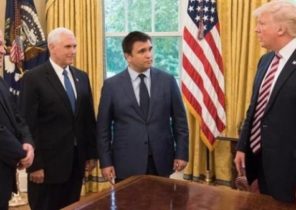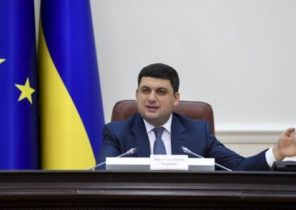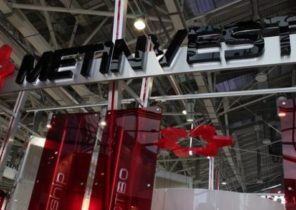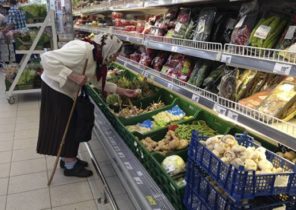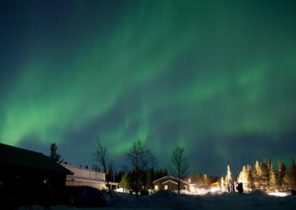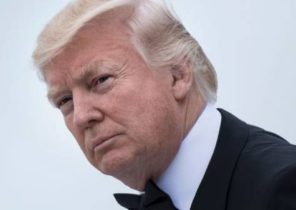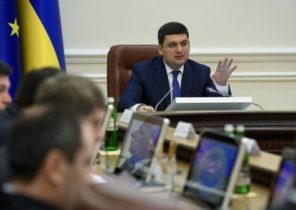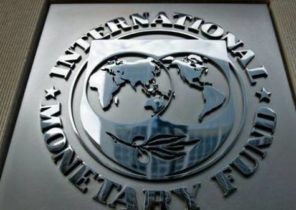The President of Russia Vladimir Putin declared that a referendum on amendments to the Constitution that will allow him to extend the term of office as President on 1 July. The popular vote was to be held on April 22, but was postponed because of the pandemic coronavirus.
Already approved by the Federal Assembly and the Constitutional court of the amendment will nullify the presidential terms of Putin that will allow him to rule the country for another two six-year terms until 2036 in the case that he is reelected. Putin runs the country (as Prime Minister and President) since 1999. If Putin will still be “enthroned” and will stay President until 2036, he will rule the country longer than Stalin. However, before Peter the Great, he will be far away: the king stayed on the throne for 43 years. However, the period of his reign will be longer than that of Catherine the great: Empress reigned for 34 years.
Voted on the amendments should facilitate the re-election of Putin, while they’re fixing the obstacle in the path of his opponents. They establish that in the future it will be impossible to remain President for more than two terms and run again, regardless of whether these terms are consecutive or not. Therefore, the “castling” of Putin when he was four years passed his Prime Minister Dmitry Medvedev, will now become impossible. Political exiles will be harder to make a political career: the person who obtained the permanent residency or foreign citizenship will not be eligible to run for President in Russia.
However, Vladimir Putin (who spent several years in the GDR) will not touch it, because the law is not retroactive, and the immunity of ex-presidents will be enshrined in the Constitution. In addition, the marriage is considered to be only a Union between a man and a woman, which fully reflects the moral views of the 67-litego of the President of Russia. And although the formal international law would take precedence over Russian law, the constitutional court may cancel the decisions of international organizations, if they deem them “unconstitutional”. So that would be impossible considering the legality of his actions at the international level.
Another day
“A nationwide vote on the issue of approval of amendments to the Constitution of the Russian Federation will take place July 1”, — Putin said after a video conference on the referendum. In addition, this day is declared a public holiday. This was reported by RIA Novosti, the co-chair of the working group on amendments to the Constitution of the Russian Federation Pavel Krasheninnikov. The government is preparing a major national action plan through which it intends to restore the economy, incomes and employment, given the prospect of reduction in GDP due to coronavirus in at least 5% this year and the rise in unemployment to over two million people.
The postponement of the election and the Victory parade for Putin became an unsuccessful maneuver. The Kremlin does not trust the low rating of trust to the Russian President, who today is 59%. Approval ratings dropped to historic lows since the time when Putin was Prime Minister during the last period of the reign of Boris Yeltsin. Voting and parade in honor of the 75th anniversary of the victory over Germany would be good for his rating. In the end, the parade of Russian soldiers held on red square on June 24. A week later the Russians will go to vote to extend the political career of a President who, it seems, has no plans to appoint a successor authority.
Putin addressed regional leaders: “I ask you to help get out the vote across Russia, taking care of preservation of health and life of our compatriots.” “It remains the absolute priority”, — the President insisted on a meeting with the head of the Agency for supervision in sphere of protection of rights of consumers of Rospotrebnadzor Anna Popova. Popov was convinced that the plebiscite, which will be attended by over a hundred million Russians, be “absolutely safe” for voters, and ruled that mass voting can lead to the deterioration of the epidemiological situation in the country.
The head of the Central election Commission, Ella Pamfilova will be allowed to vote for six days before the main voting day, i.e., 25th and 31st of June. According to Pamfilova, this will minimize contacts “and practically reduce to zero” the risk of infection during the voting. Voters will be able to come to the polls any day, and they don’t need to write a request for early voting. Visits to the polling table, according to Pamfilova, will be safer than going to the store.
Both events, the parade and the referendum could lead to another outbreak of disease because of the difficulty of maintaining distance between people. But the Russian government believes that the country has finally passed the peak of the spread of coronavirus. On this last week said the President of Russia during a videoconference with defence Minister Sergei Shoigu, in which he announced the date of the parade. Patriotic March “Immortal regiment”, which is also not carried out on 9 may, was postponed to July 26, because, according to Putin, in this demonstration it was impossible to guarantee the observance of social distance.
After Moscow began testing for the coronavirus, the number of new infections has decreased: today, there were 2297. The number of new infections in the capital remained stable at around less than 3,000 cases per day since may 20. The decline was constant from may 7, when it was registered in Moscow, more than 6000 cases in one day. While not all residents abide by the quarantine and mandatory wearing of masks.
Putin’s task now is to achieve a “decent” turnout in the vote. Shortly after the announcement of the date of the vote, the President enlisted the support of one of the main parliamentary opposition parties. The leader of the ultranationalist liberal democratic party Vladimir Zhirinovsky found July 1, the optimum date for voting on constitutional amendments. Zhirinovsky believes that the voting day should not coincide with the Victory parade.
“Schedule of walks” in Moscow
In recent days, the number of new cases of infection in Russia has been steadily remained below 10 000. Governors of some regions of the country began to weaken the taken anti-epidemic measures. The mayor of Moscow, which is the focus of the pandemic in Russia, allowed the Muscovites to walk two months later, a full quarantine, when to go outside was to go to the store or to walk the dog.
Walk only according to the schedule: from nine in the morning until nine at night. There is also a special schedule: the houses are divided into groups, each of which walks on a certain day to avoid the crowds on the street. Thus was developed the “graph walks”, which divides citizens into six groups depending on their home.
The residents of the house where this correspondent will be able to go out tomorrow, and also Thursday and Sunday. Residents of the neighboring home were able to walk today, while required to wear masks and gloves. In the capital also opened stores, but such establishments as Barber shops and bars are open much later. Muscovites allowed to play sports, but no later than nine in the morning. This system will operate for two weeks, and depending on results will be taken further easing or tightening measures.
